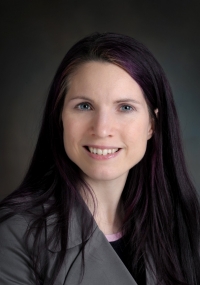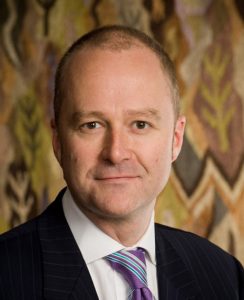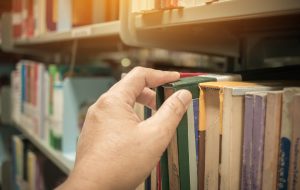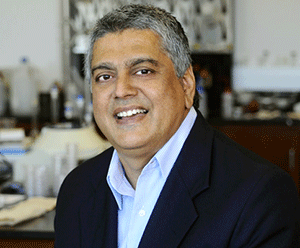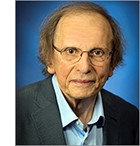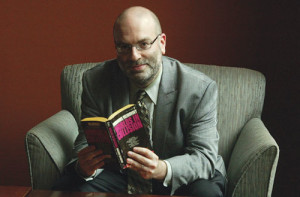
Michael Gordin discusses the universal language of science and the demand for scientists to publish new discoveries in English.
Credit: Frank Wojciechowski
The words “permafrost,” “oxygen,” and “hydrogen” may look like the language of science, but these words really have Russian, Greek and French origins. So how is it that English has become the universal language of science? That is the question Michael Gordin, professor the history of science at Princeton, sets out to answer in his interview with PRI.
“If you look around the world in 1900, and someone told you, ‘Guess what the universal language of science will be in the year 2000?’ You would first of all laugh at them because it was obvious that no one language would be the language of science, but a mixture of French, German and English would be the right answer,” Gordin said in his interview.
Gordin goes on to describe how German – the dominant language of science – collapsed during WWI when a boycott was organized against scientists in Germany and Austria, prohibiting them from attending conferences or publishing in Western European journals. Pair this with the anti-German hysteria taking place in the United States and the rise of American scientific establishments, and you being to see how English started to take over as the universal language of science.
“And you have a set of people who don’t speak foreign languages,” said Gordin, “They’re comfortable in English, they read English, they can get by in English because the most exciting stuff in their mind is happening in English. So you end up with a very American-centric, and therefore very English-centric community of science after World War II.”
Here at ECS, due to our vast number of international members, we know science doesn’t conform to a specific mold or language. Through open access (OA) publication, we hope to break this rigidity and focus on the more important issue – the free dissemination of scientific research for the benefit of all. Find out more about ECS’ bold move toward open access publication and publish your paper as OA today.
Listen to Gordin’s full interview below.
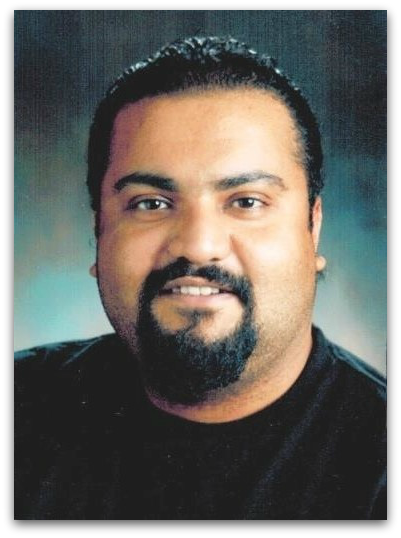 Almost two years after approving the charter for ECS Sensors Plus (ECS’s new gold open access journal scheduled to begin accepting submission in 2022), The Electrochemical Society Board of Directors approved the appointment of Dr. Ajit Khosla of Yamagata University, Japan, as the Founding Editor-in-Chief (EIC).
Almost two years after approving the charter for ECS Sensors Plus (ECS’s new gold open access journal scheduled to begin accepting submission in 2022), The Electrochemical Society Board of Directors approved the appointment of Dr. Ajit Khosla of Yamagata University, Japan, as the Founding Editor-in-Chief (EIC).

